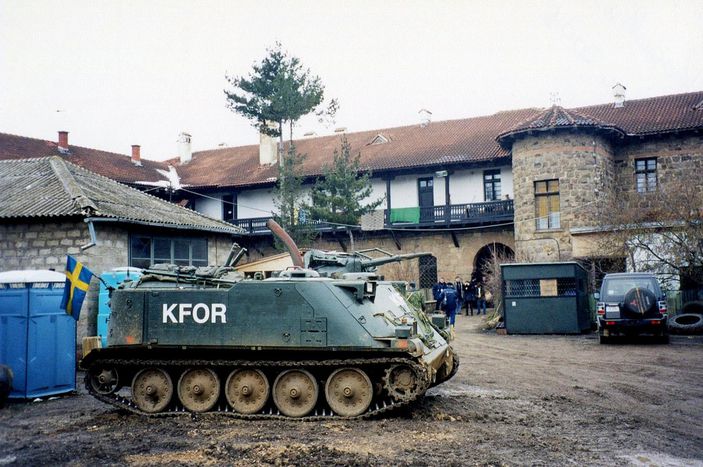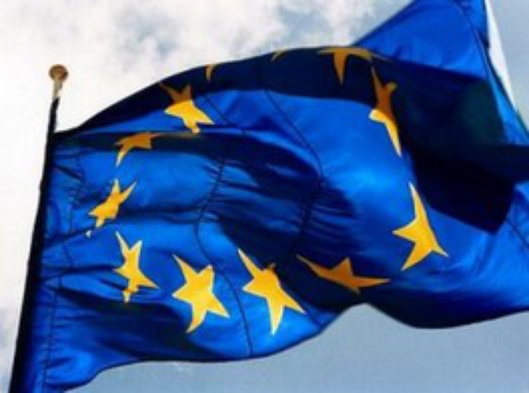
Summit to discuss EU involvement in Kosovo
Published on
The summit held on 14th December and brought together the 27 heads of state or government that form the European Union to discuss a possible involvement in Kosovo.
The EU has “underlined the need to move towards a legislative agreement with regards the issue of Kosovo, an agreement which is vital for the stability of the region”, indicating that Kosovo “as a result of this agreement, ought to be democratic and multiethnic, in agreement with the legally constituted state and the protection of minority groups and cultural and religious heritage”.
 The EU has decided to send a peace-keeping mission (made up of Police men and women and other police officials), who will be charged with speeding up the arrangements for a deployment of 1800 police men and women who will take-over from the United Nations Mission in Kosovo (UNMIK). The Portuguese Prime Minister, José Socrates, (Prime Minister of the country currently presiding over the EU), confirmed that “it is very clear that the EU intends to play a leading role in the future of Kosovo and its statute”. The question of independence of the Serbian province mainly populated by Albanians has not been commented upon. Nonetheless, a quicker integration of Serbia into the EU is hoped.
The EU has decided to send a peace-keeping mission (made up of Police men and women and other police officials), who will be charged with speeding up the arrangements for a deployment of 1800 police men and women who will take-over from the United Nations Mission in Kosovo (UNMIK). The Portuguese Prime Minister, José Socrates, (Prime Minister of the country currently presiding over the EU), confirmed that “it is very clear that the EU intends to play a leading role in the future of Kosovo and its statute”. The question of independence of the Serbian province mainly populated by Albanians has not been commented upon. Nonetheless, a quicker integration of Serbia into the EU is hoped.
On this point, however, the EU remains divided. France is clearly supporting the Albanian separatists; a stance given weight on Friday by the French Secretary of State charged with Foreign Affairs, Jean-Pierre Jouyet, who declared that “the declaration of independence is inevitable”. The French President Nicolas Sarkozy was joined by the British Prime Minister Gordon Brown, who believes Serbia’s application to join the EU must depend on its ability to accept Kosovo’s independence.
According to the Guardian on 12th December, the four main players (France, Great Britain, Italy and Germany) will recognise the province’s independence 48 hours after its proclamation, even without a UN mandate. During this time, a conference will be organised bringing together supporters with the aim of putting in place a series of projects targeting improvements to local infrastructure, such as electricity supply and roads systems. The article maintains that this recognition will take happen within the frame-work of a plan proposed by Slovenia, the country to whom the EU presidency will pass in January 2008.
On the other hand, Spain, Cyprus, Greece, Romania and Slovakia have all declared that they will not recognize unilateral independence. It is worth remembering at this point that, decisions taken by the European Council (made up of Ministers of Foreign Affairs) must be taken unanimously. According to the AFP, the Danish Prime Minister Anders Fogh Rasmussen stated that it will be for “each Member State” to formally recognise the split from Serbia.
Confusion exists between formal recognition by the European Union (however improbable) and individual recognition by Member States. In reality, though, what possible legal value will recognition by individual States have, without the support of the wider European organization? Consequently, Serbia will continue with its application to join the EU, breaking along the way many diplomatic ties with existing Members. How it is possible that a candidate State to the EU can have such distant diplomatic exchanges with the existing Members of an organization it so desperately wants to join?
Snejana Jovanovic www.kosovo.over-blog.net



